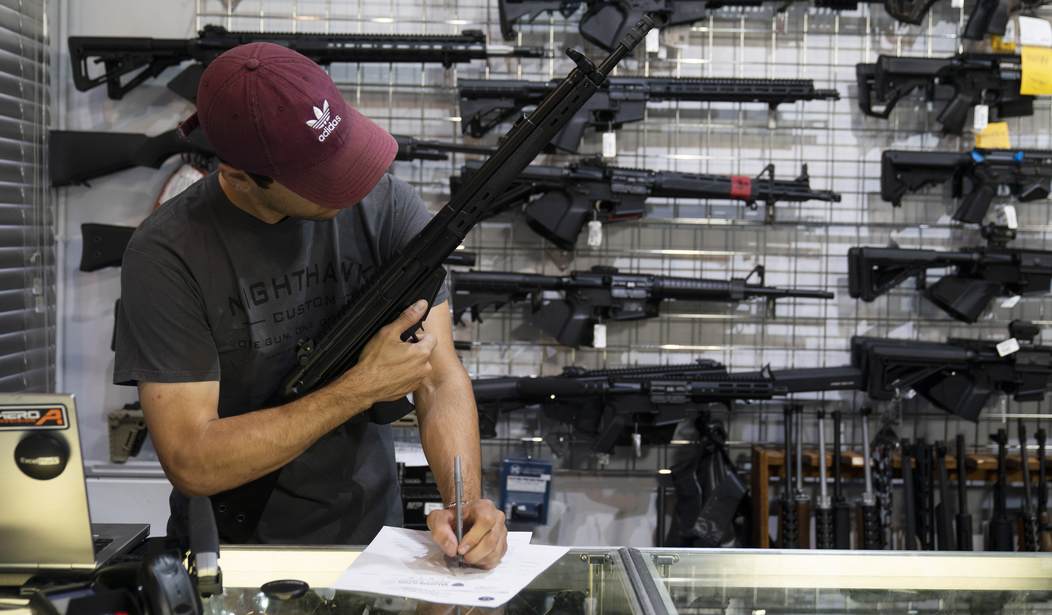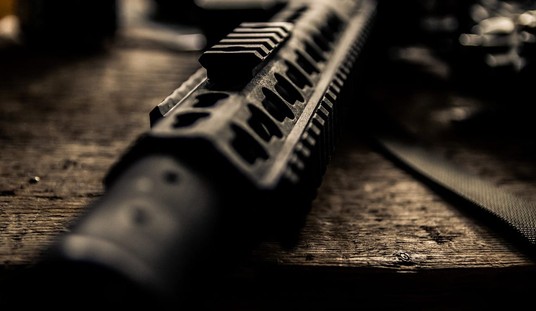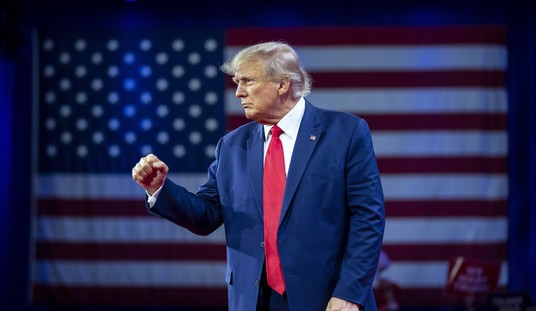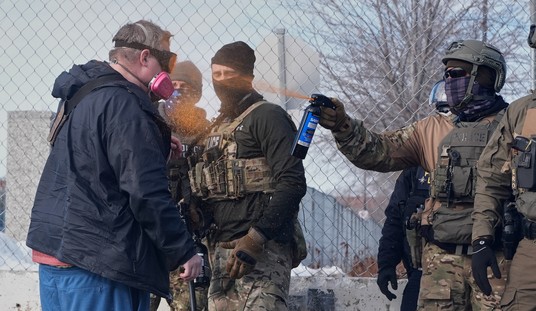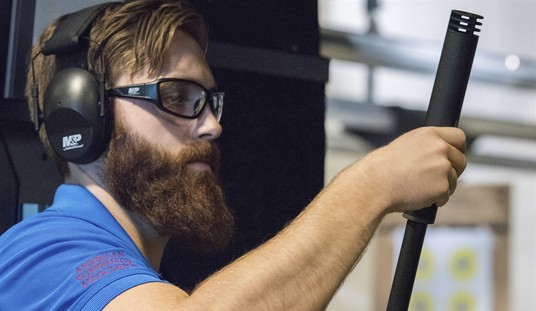Back in the day, the poll tax was created to try and limit who could actually vote. Now, I get the desire to keep some people from voting because they're not going to vote the way you want, but it's still wrong. Rights are rights and they shouldn't be dependent completely on whether they've got the money for a fee.
Guns are a little different, but that's because guns are a product. You have to purchase it yourself, so if you can't afford a gun, no one is keeping you from exercising your rights.
At least, that's how it used to be.
These days, anti-gun lawmakers are looking at creating taxes specifically on guns. Colorado, for example...
Colorado could increase taxes on guns and ammunition sold in the state if voters approve it.
A bill that would put the issue on the ballot in November passed the state's House Finance Committee in a 6-5 vote on Monday, and now heads to the Appropriations Committee.
House Bill 24-1349 would ask voters if they be in favor of a 9 percent tax—initially 11 percent—on guns and ammunition.
House Majority Leader Monica Duran, the bill's prime sponsor, said the main reason for the bill is to raise money for state programs that need funding.
The money raised from taxes would be allocated to the Colorado crime victim services fund; the victims and witness assistance and law enforcement fund for local judicial districts; the victim services fund for mass tragedy response and prevention programs and wildlife cash fund.
"Unfortunately, the need is not going down when it comes to the needs of domestic violence, sexual assault, crime victims across the board," Duran said, according to local news station KDVR.
"When it comes to mental health, school safety, it's not decreasing. If anything, it's increasing, so I wanted to create a funding stream so we would have those dollars every year."
Duran said she thinks voters will be "happy to pay a little extra when it comes to their guns and ammunition, whatever they are buying, knowing that funding is going directly to three things: crime victims, school safety and mental health."
Now, we need to remember that taxes are placed on objects for one of two reasons.
The first is to increase funding for a general thing, often tied to the thing being taxed. A popular example is fees for hunting licenses--essentially, a tax on hunting--going for animal conservation efforts. Another example is the gas tax, which goes to help fix roads.
Supposedly, anyway.
The other reason is to deter a certain behavior, such as taxes on cigarettes.
Duran is trying to argue this is the first type, but lawful gun sales don't really have all that much to do with violent crime or their victims. Those sales are black market sales or straw purchases, which are illegal.
Further, let's look at the tax rate being proposed here. An 11 percent tax isn't exactly a small tax. It's not "a little extra." For a $500 handgun, that's another $55 on top of all the other taxes. That amount simply goes up the more a firearm costs.
And it may well put some firearms out of the reach of poorer consumers.
See, the issue on this isn't that there's a tax in and of itself, but that the tax is particularly onerous. An 11 percent tax is pretty steep and may well be the lone factor in preventing many from exercising their right to keep and bear arms.
They can afford a gun. They can't afford the tax the government drops on people trying to exercise that right, much like a poll tax.
The up side is that Colorado voters are the ones deciding it, so a strong effort to defeat this measure might just be enough to kill it once and for all. Yet this is also Colorado, which has become more and more anti-gun right before our eyes, so we'll have to wait and see.

